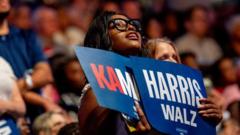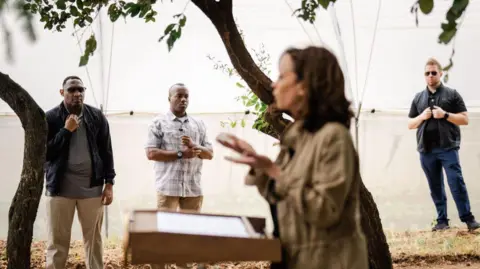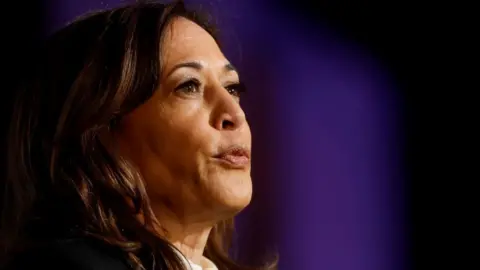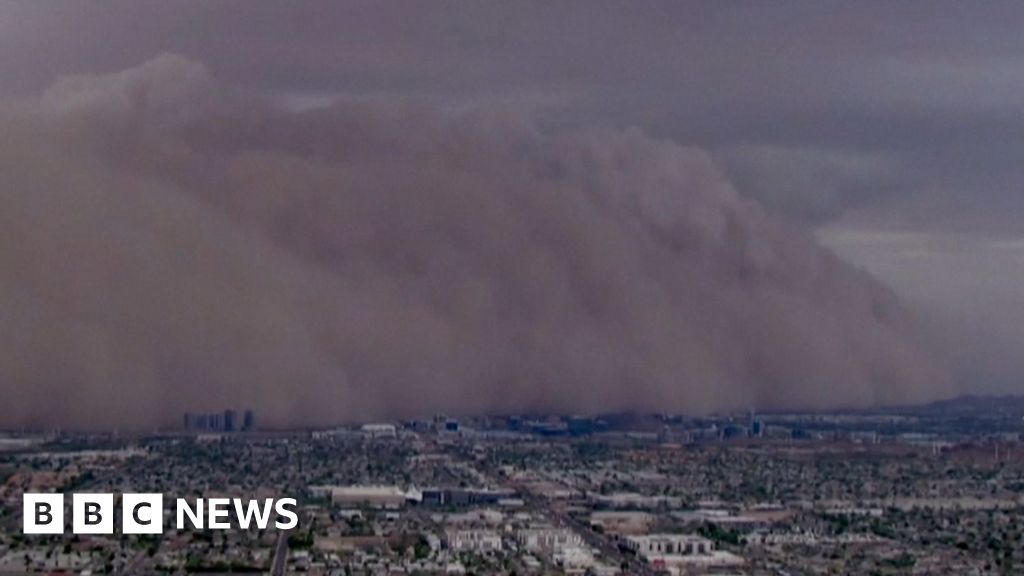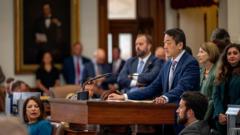On a warm fall morning, students lined up outside the early voting center at the University of Michigan, where enthusiasm for Kamala Harris was palpable among young women voters. Keely Ganong, a third-year student, expressed her eagerness to vote, stating, "She’s just a leader that I would look up to." Alongside, Lola Nordlinger highlighted the importance of gender equality and personal choice in matters like abortion, underscoring the personal nature of these political issues.
Volunteer Adrianna Pete, 24, emphasized the rising influence of women, suggesting that their collective voices could sway the election outcome. Recent polls indicate that Harris dominates among women aged 18-29, leading by a stunning 30 points, and among college students by 38 points, suggesting a solid foundation of young female support.
As the election approaches, Harris's campaign is keenly aware of the significance of young women's turnout. Hannah Brocks, a 20-year-old involved with young Democrats, noted her commitment to mobilizing voters in her community. She believes that Harris's compassionate approach resonates deeply with voters seeking empathy in leadership.
Despite the encouraging statistics, concerns linger over the complexities of female voter demographics. While early voting exit polls show a higher percentage of women participating, the voting patterns among white women reveal a troubling trend. Harris's lead among white women under 30 sits at 13 points, but it substantially narrows when considering the broader demographic, echoing trends from previous elections where a significant portion of this group favored Trump.
Highlighting the stakes of this election, voters in Arizona are faced with a specific ballot question regarding abortion rights. For many women, this is not just a political issue but deeply personal, influencing their decision-making. Mary Jelkovsky, actively campaigning in her community, believes that the forthcoming vote on abortion could galvanize support, turning attention towards the protection of reproductive rights.
The Harris campaign aims to tap into a broader electorate, extending its reach beyond traditional supporters. Pollster Evan Roth Smith notes that white, non-college educated women represent a crucial demographic Harris must appeal to, especially as they appear to trust Republicans on economic issues. However, the contentious topic of abortion retains the potential to sway these voters towards Harris, especially given the impact of the Supreme Court's ruling on Roe v. Wade.
While some Republican women express dissatisfaction with the current political climate, others remain steadfast in their support for Trump, citing policy considerations over personal values. Tracey Sorrel from Texas reflects a common sentiment, weighing the implications of Harris's positions on abortion against her commitment to Republican policies.
As the electoral battle intensifies, early indicators show that young women could play a defining role in Harris's pursuit of the presidency. Whether they mobilize to overcome existing voting trends among different demographics remains to be seen, but their engagement is noteworthy in shaping the political landscape of the upcoming elections.

